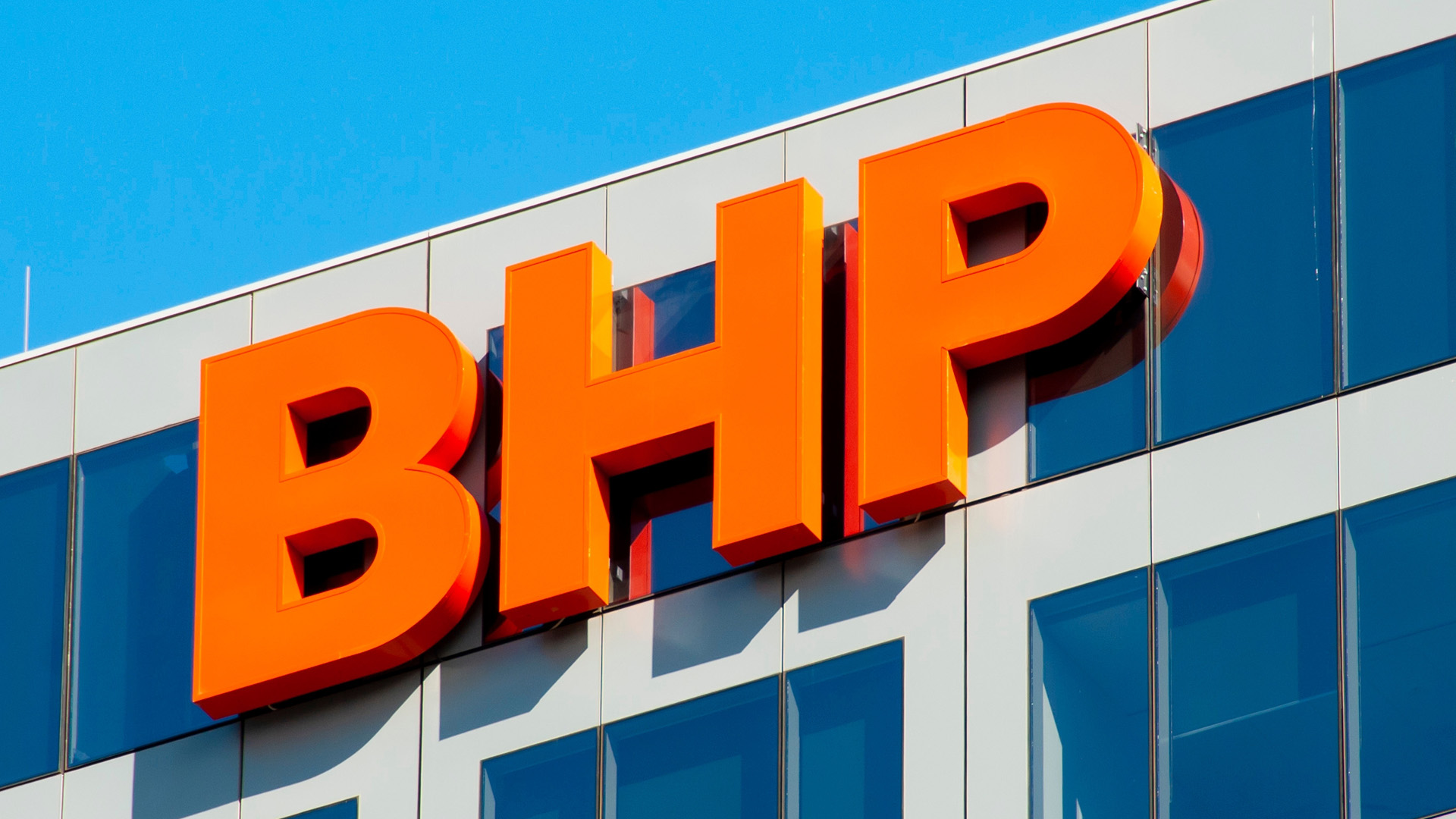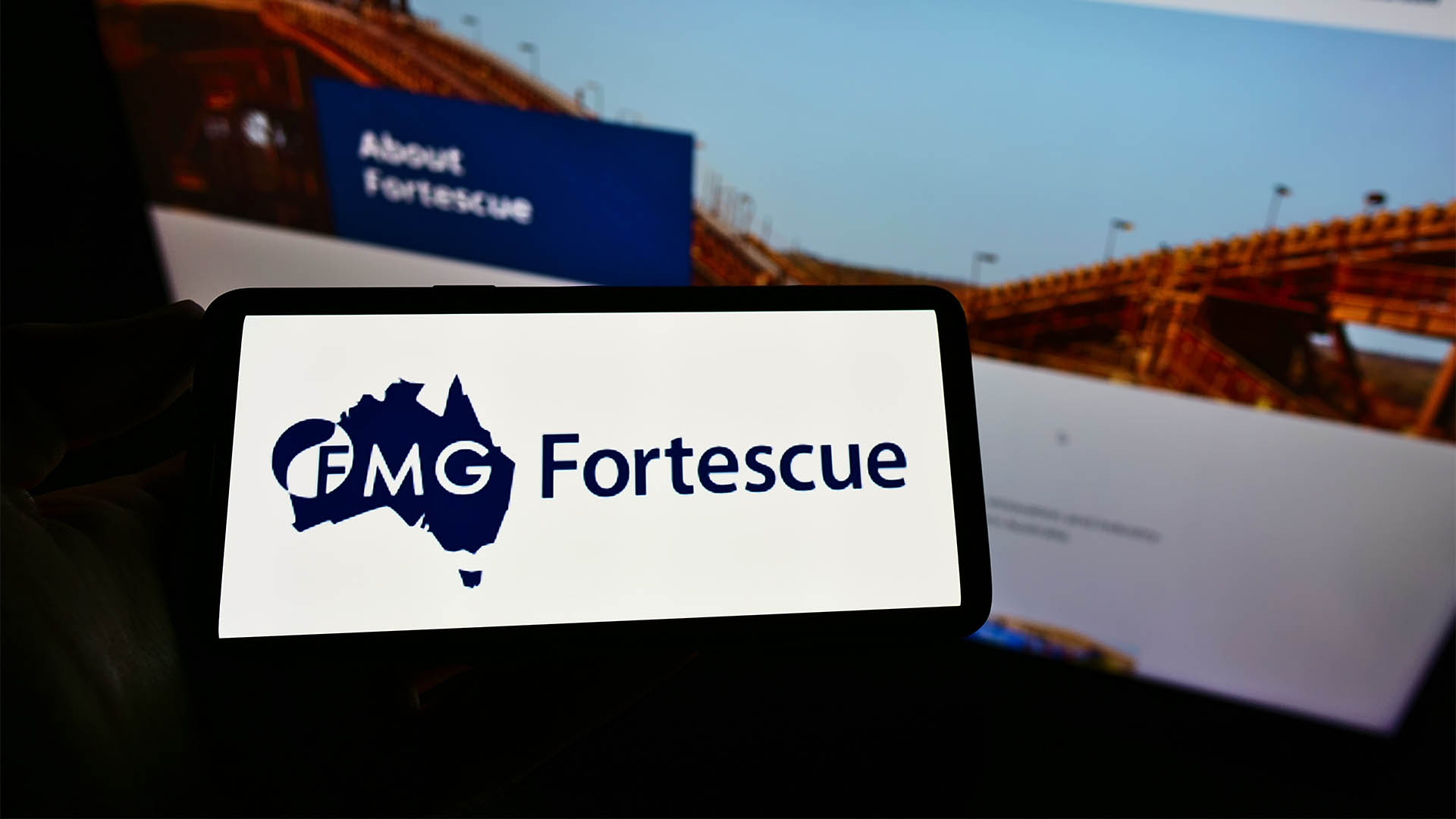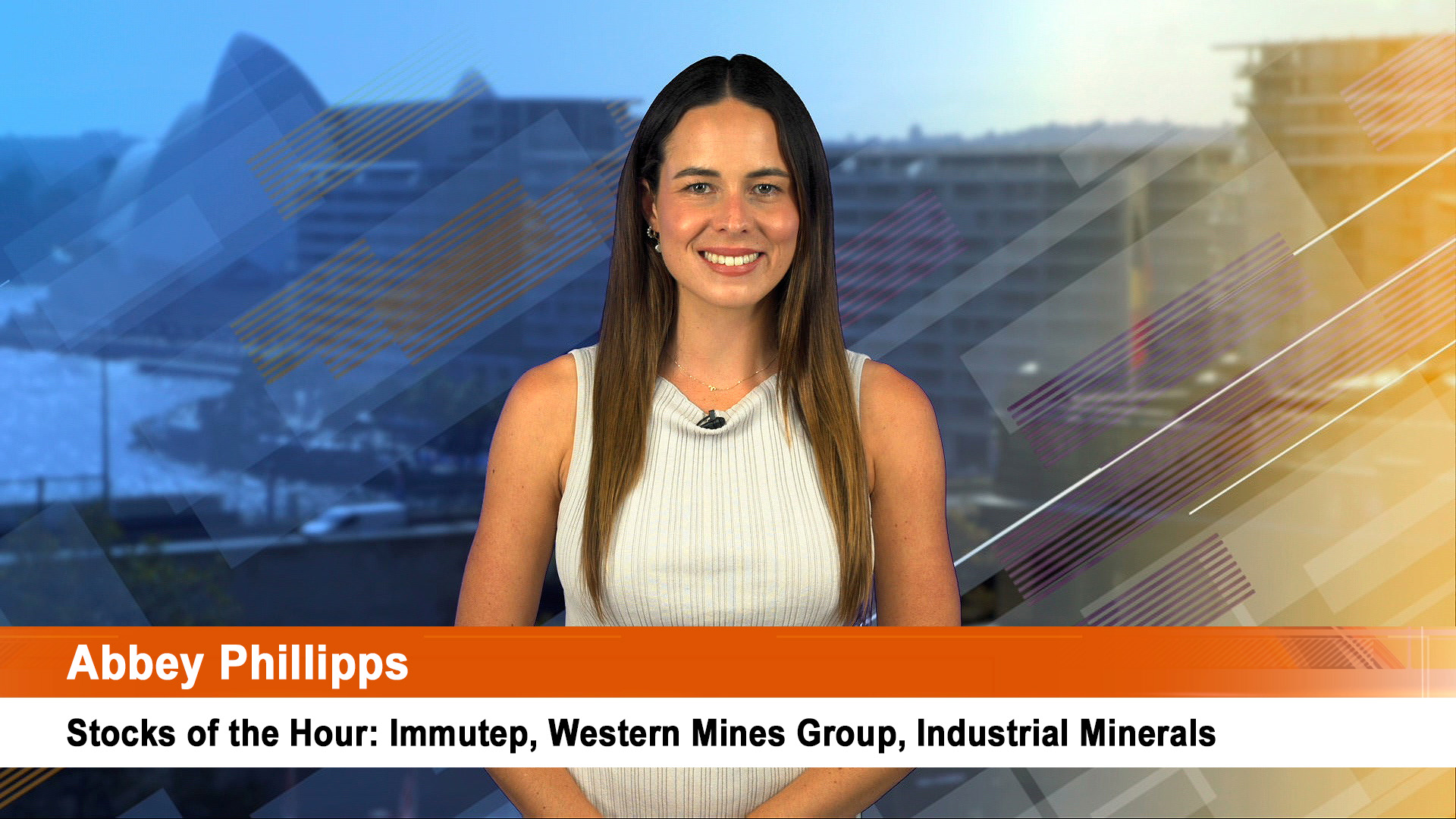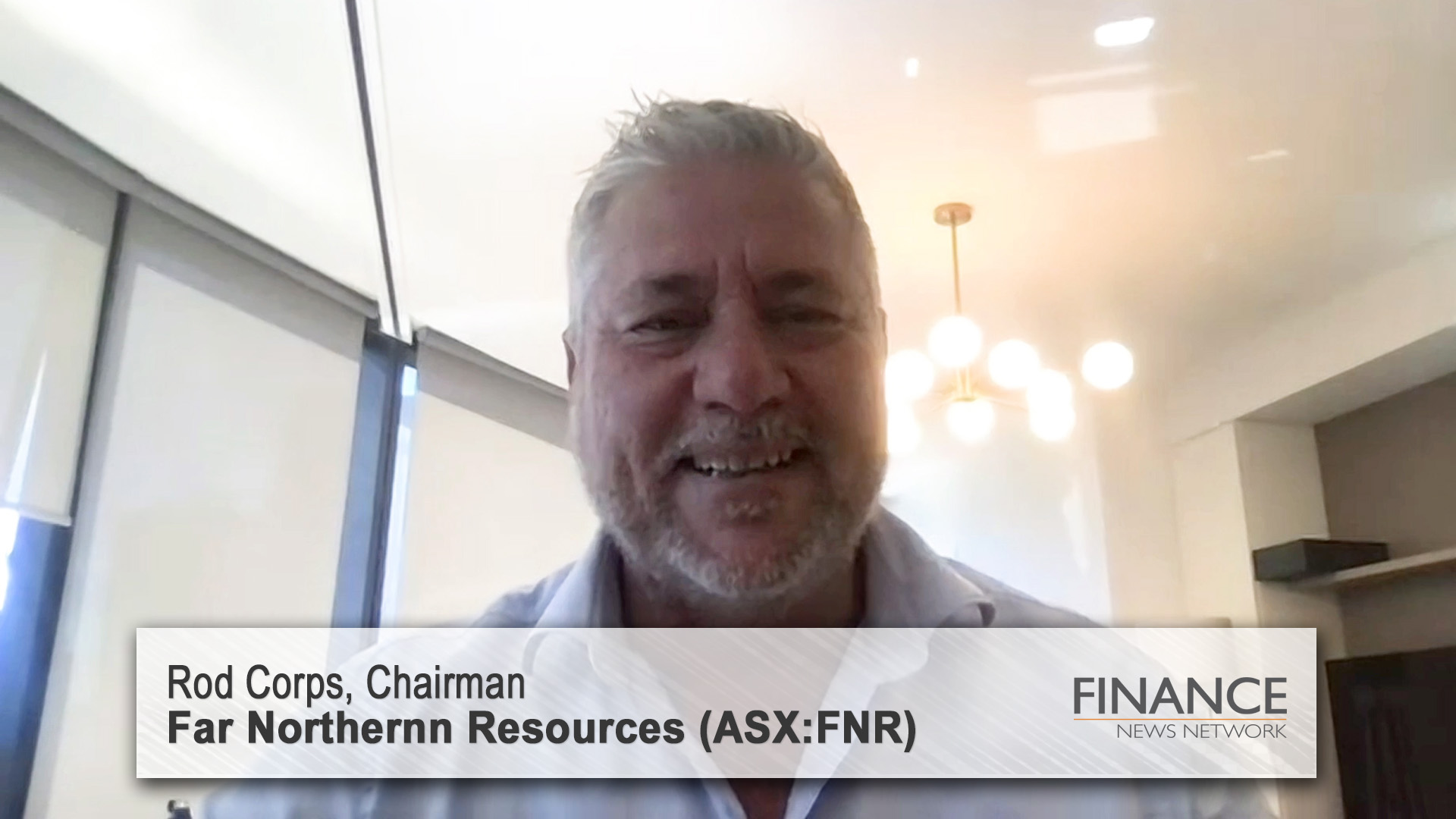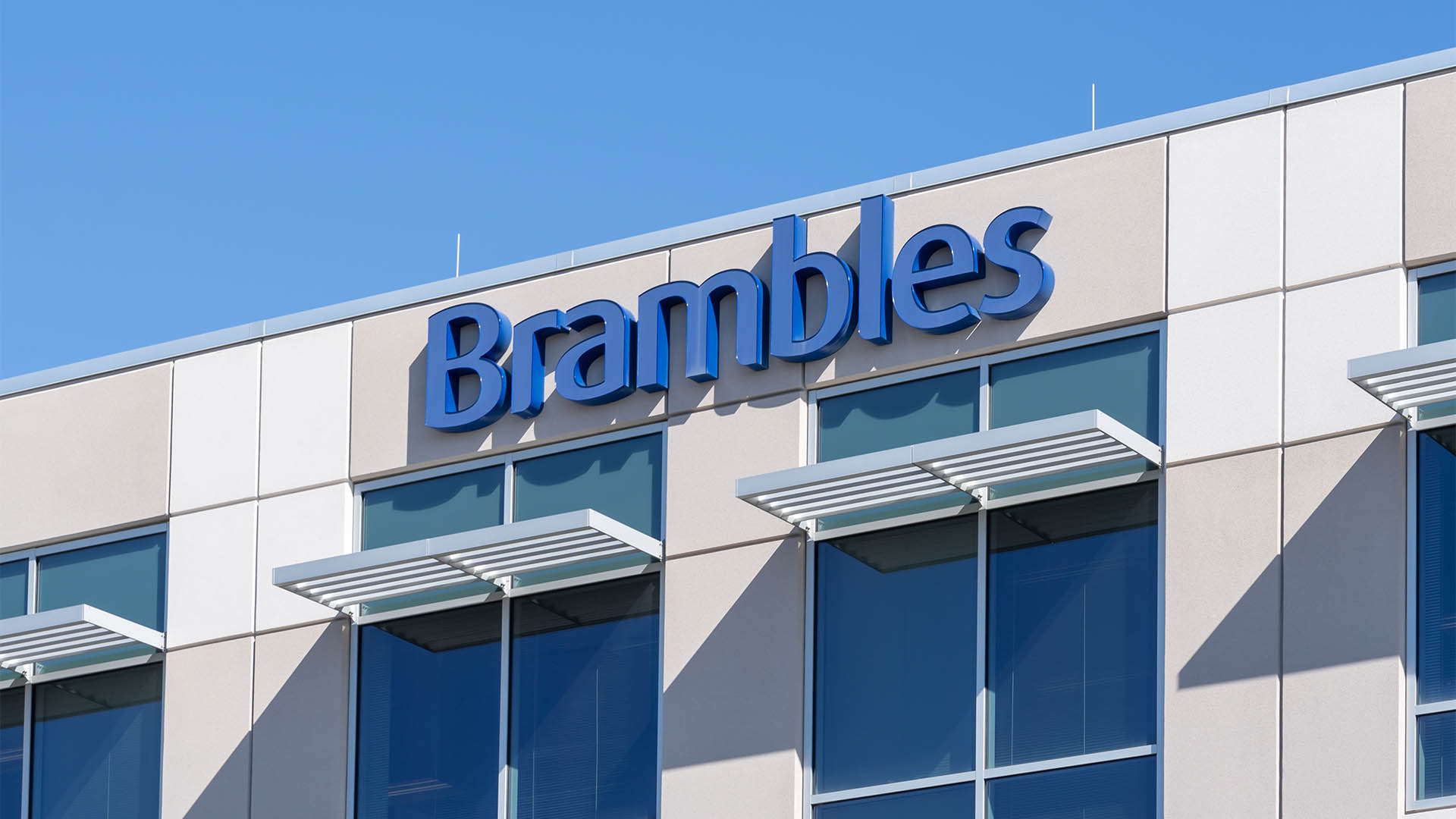The market took a profit warning from AP Eagers yesterday in its stride, sending the shares in the country’s biggest listed car dealer up by more than 11%.
The company’s annual meeting was told that underlying profit for the June half of the calendar financial year will fall 23.6% to $40.3 million as the COVID-19 pandemic hammered car sales lower.
Nonetheless, shares in the company rose 13.3% to $7.99 by the close on Wednesday.
In an address to investors at the company’s virtual annual general meeting yesterday, CEO Martin Ward said this was a “resilient” result given the downturn through April and May, with new car sales down as purchasers remain on the sidelines.
That lower profit may end up being a lot lower as the figures do not include a $105 million in “deferred payments” in the form of rent waivers with landlords, and payments from the state and federal governments.
Nor does it include any subsidies such as JobKeeper which the business has been claiming. A total of 165 employees have been able to be re-hired by AP Eagers thanks to the JobKeeper scheme.
The meeting was told that a total of $78 million in costs have also been stripped out of the business in the last three months in response to the crisis.
AP Eagers will release its audited half-year results on August 26.
The company also changed its name to Eagers Automotive Group after its takeover of Automotive Holdings late last year.
Shareholders were told that the company “is now in a very strong financial position with a substantial property portfolio and asset base underpinning the company’s financial position, together with $633.9 million of available liquidity at 30 June 2020.”
“This liquidity position includes available cash and undrawn commitments under our Corporate Debt Facilities and Captive Financier Working capital support.
Corporate debt net of cash fell to $7.6 million as at 30 June 2020, down from $315.8 million at the end of 2019.
“This strong financial position provides us with a significant liquidity buffer to withstand any long-term impacts of COVID-19 and also provides us with the flexibility to pursue new opportunities that we expect to arise in a challenging market,” Mr. Ward told the meeting.
But shareholders did remind the company, the board, and the bigger shareholders that they still had some power when the administered a so-called first strike over the company’s remuneration report.
Only 65% of shareholders voting in favour instead of the 75% plus to get it approved. The strike comes despite senior executives and the board taking pay cuts earlier this year to help the company preserve cash during the pandemic.
It seems shareholders were objecting to the board’s decision to use its discretion to grant all executive performance rights for the 2019 year despite the share price not meeting earnings per share targets. The board also decided to grant ”all remaining tranches of performance rights and options relating to the 2017 and 2018 performance periods.” This had a cumulative expense of $450,000 for 2019.






